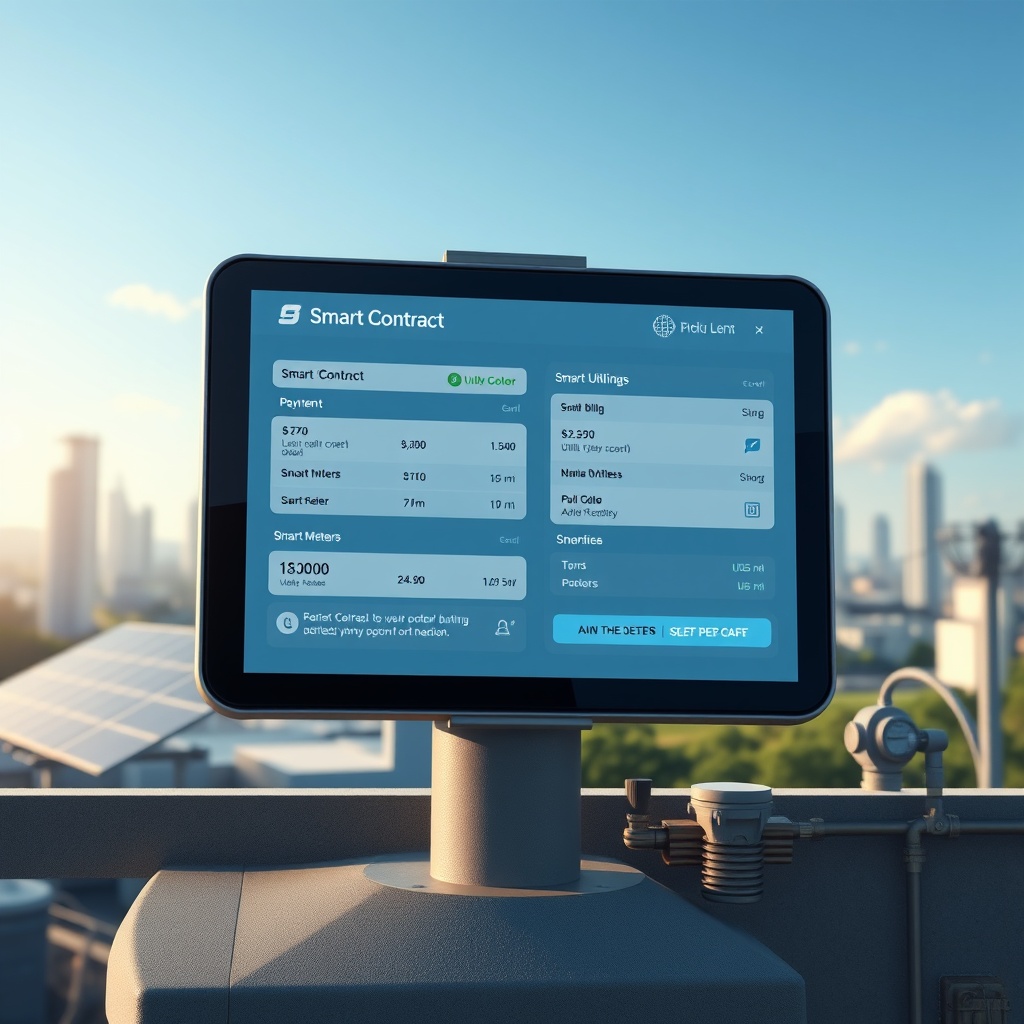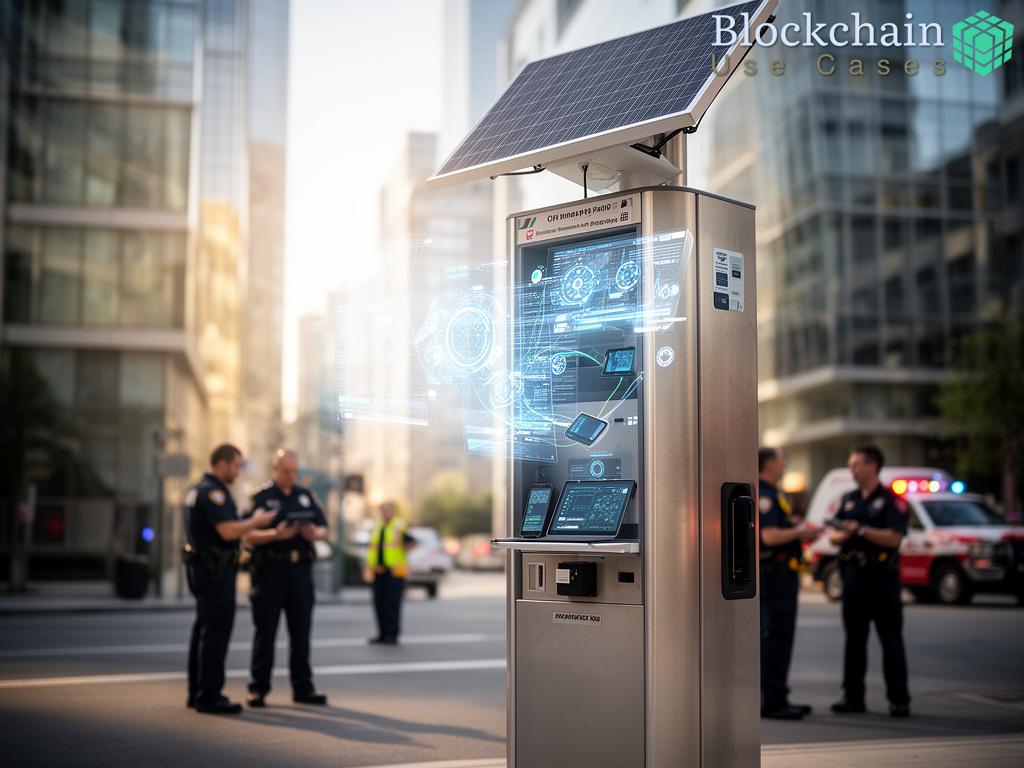In an era where efficiency and transparency are paramount, public utilities are increasingly turning to innovative technologies to streamline their operations. One such innovation is the implementation of smart contracts powered by blockchain technology. These self-executing contracts are designed to automate and facilitate the billing and payment processes in public utility services, bringing numerous advantages to both providers and consumers.
Transforming Billing Efficiency
Smart contracts can significantly enhance the billing process for public utilities by automating calculations and transactions. This transformation eliminates the manual errors often associated with traditional billing methods. With smart contracts, billing can be generated in real-time based on actual consumption data, ensuring that customers are only charged for what they use. This not only increases accuracy but also fosters trust between utility providers and consumers.
Streamlined Payment Processing
The integration of smart contracts in payment processing offers a seamless experience for customers. Payments can be automatically triggered once pre-defined conditions are met, such as the confirmation of service delivery. This level of automation reduces the time and effort required for both utilities and consumers, minimizing the delays commonly associated with traditional payment methods.
Below is a comparison that highlights the key benefits of using smart contracts in public utility billing and payment processing:
- Transparency: All transactions are recorded on a public ledger, ensuring that both parties can verify the process.
- Cost Efficiency: Reduced administrative costs due to automated processes and fewer errors.
- Enhanced Security: Blockchain technology provides a secure framework that protects against fraud and unauthorized access.
- Improved Customer Experience: Faster transactions lead to higher customer satisfaction and loyalty.
- Regulatory Compliance: Smart contracts can be programmed to automatically adhere to regulations, minimizing legal risks.
A Future-Ready Solution
The adoption of smart contracts in public utility billing and payment processing not only addresses current inefficiencies but also positions utilities for the future. As the demand for renewable energy sources and decentralized systems grows, smart contracts can facilitate peer-to-peer energy trading and enhance the integration of smart grids. Public utilities that embrace this technology will not only improve their operational efficiency but also better meet the evolving needs of their customers.





